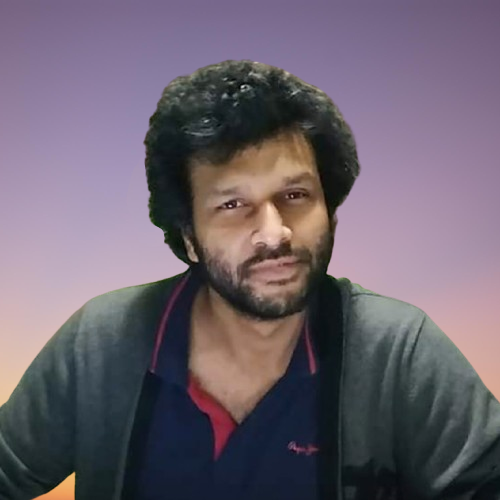Column

Dainik Purbodesh, January 9, 1972. (Songramer Notebook)
Alongside the deliberate, disproportionate targeting of Hindus, the intellectual killings, particularly the shockingly hateful parting act of the Pakistani forces and their collaborators that we commemorate on December 14th, remain the most unmistakable pointers to the genocide perpetrated here during the War of Liberation. There was an earlier spate as well of course, right at the outset as part of the notorious Operation Searchlight, that could at least be explained within the ambit of achieving war aims.
As the war was at its fag end, the Pakistani occupation forces, aided by the Razakar forces of Al Badr and Al Shams, systematically started killing noted Bengali personalities. Many were abducted from their homes; while some were brutally murdered right in front of their family. It was done when defeat was a mere formality, by defeated forces, out of sheer spite, and nothing else.
I have tried to find parallels, and never found any. Not quite. While the targeting of intellectuals have been a feature of wars throughout the ages, including in the 20th century, e.g. the Nazis did it in Poland, it has almost always (in my research, always, but I'll refrain from being categorical since I'm not a historian) happened as hostilities commenced. As it did here as well, during Searchlight. You do it to break the backbone of the society you're fighting, to disable the thought leadership. And they can continue, as it did here beyond Searchlight. The list of the martyrs is endless. There were 991 academicians, 13 journalists, 49 doctors, 42 lawyers and artists and 16 engineers among them. In all, 1, 111 such people were murdered over the course of the war.
What sets apart what happened here on December 14-15, 1971 - sets it apart even from the killings at DU and elsewhere at the start of the war - and makes it so uniquely egregious in the annals of war in my opinion, is the timing. There was nothing to be gained. You could've killed everyone who ever read a book at that point, and it still wouldn't have changed a thing. You knew it too of course, and yet you still did it. An act of pure, unadulterated hatred. If this wasn't genocide, nothing ever was.
Before the killings took place, a fresh curfew was clamped in Dhaka from December 4 - the day after India officially entered the war. On December 10, the plan to massacre intellectuals and key personalities was activated. It was executed on December 14. Prominent people were picked by the Pakistan army and their henchmen. About 200 intellectuals were abducted from their homes that day. They were blindfolded and taken to torture centres located in Mirpur, Mohammadpur, Nakhalpara, Rajar Bagh and many other places. After being tortured, they were brutally killed in Rayer Bazar and Mirpur slaughterhouses.
It is generally believed that the main perpetrators from the Bengali side were Chowdhury Moinuddin (Operation In-Charge) and Ashrafuzzaman Khan (Chief Executioner) of Al Badar. After December 16, 1971, a personal diary of Ashrafuzzaman Khan was recovered from his house in Nakhalpara, two pages of which had names of about 20 intellectuals and their residential addresses. At least 8 of them were picked up from their homes on or around December 14, never to be seen alive again. The Daily Purbodesh published the relevant fragment of the diary on its pages in January, 1972 (see image). The entries in the diary were from April of that year. Yet the truth is it is not known how or when exactly they planned it. It remains a fact that the history of our Liberation War has not been delved into properly and there are many unanswered questions.
As Bangladesh looks to gain international recognition of the 1971 genocide, one of the present government's stated foreign policy objectives moving forward, it is this episode that presents the most compelling evidence, of the near-complete departure from humanity, or at least the idea of it that we'd like to live with as a species, that was witnessed here on the road to Liberation.
You can never put a price on liberty. Yet the price we paid was very very steep, as the song says. And this is a song that never lies.

























Leave a Comment
Recent Posts
Right On Schedule
The most eagerly anticipated, and frankly hyped up, announcement of an ...
Fighting raged along the borde ...
Fighting raged along the border of Cambodia and Thailand, with explosi ...
ICIMOD drives regional cooperation to inspire new mo ..
The Cage of Captivity and the Cry for Freedom: A Cru ..
Why Japan issued an advisory for a possible megaquak ..
The Autocrats’ War on Universities